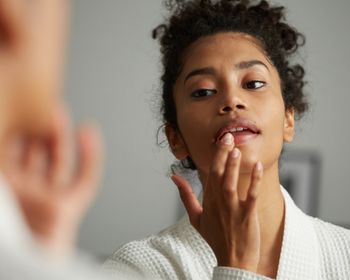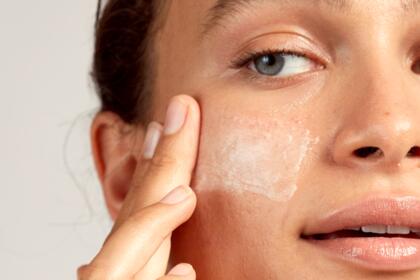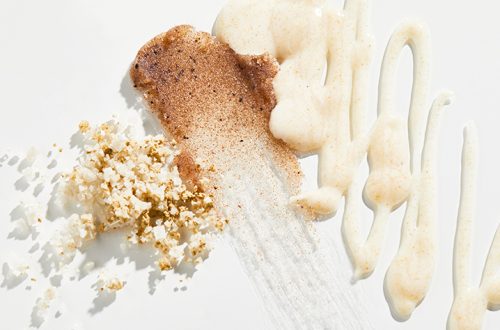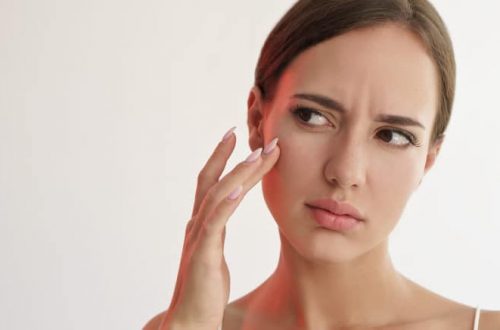
Tips for Taking Care of Your Skin From Sun and Cold Sores
We all understand the need of shielding our skin from the sun’s damaging rays. But avoiding the sun is impossible. Who would want to spend their time indoors when the outdoors is so pleasant? Additionally, not all aspects of the sun are harmful: it aids in the production of vitamin D in our bodies. To limit sun exposure when you’re outside, remember to:
- Even if it’s gloomy or you don’t anticipate spending much time outdoors, use sunscreen with an SPF of at least 30. Every 1.5 to 2 hours, reapply sunscreen if you exercise a lot or go swimming (even if you use a waterproof sunscreen).
- Choose a sunscreen against UVA rays and UVB rays. Look for terms like “broad spectrum protection” or “UVA protection,” as well as an SPF of 15 or higher. Choose a sunscreen labelled “non-acnegenic” or “non-comedogenic” to help keep skin pores clear. Cream or lotion sunscreens work better than spray sunscreens because they allow you to apply a thicker layer of product, which works better to protect your skin.
- Since the sun’s rays are most intense between 10 am and 4 pm, take frequent pauses and reapply sunscreen throughout those hours. The best times to be outside in the sun are when your shadow is longer than your height (but you should still use sunscreen at such times).
- When you are close to a reflective surface, like water, snow, or ice, use additional sunscreen (with a higher SPF).
- We all know that exposure to the sun may harm our skin, but did you also realise that it can harm our eyes? Put on a wide-brimmed hat or cap to shield your face and eyes, then put on 100% UV-protective sunglasses.
- Some prescriptions, such as those prescribed for acne, might make people more sensitive to the sun (and UVA machines). As a result, increase your sun protection if you’re taking any of these medications.
- If you like being tan, try faking a tan with self-tanners. Avoid UVA machines. These machines contain some of the same harmful UV rays as the sun. Even the mere fact of using this type of machine once increases the risk of developing skin cancer.
When referring to cold sores, vesicles or ulcers that develop on the lips are sometimes referred to as “cold sores” or “fever blisters.” They are contagious because they are brought on by a particular herpes virus. You will occasionally develop sores on your lips because the virus, once contracted, remains in your body.
Here are some tips for preventing cold sores (or preventing them from returning if you already have one):
- By not exchanging toothbrushes, lip balms, or beverages with anyone who might be carrying the virus, you can prevent getting the sickness in the first place. The virus that causes cold sores is transmitted through the lips and nose (in mucus) (in saliva).
- Those who have already contracted the infection are aware that excessive sun exposure, stressful events, or illness might cause it to reactivate. One another justification to use lots of sunblocks, eat right, exercise, and get adequate rest!




